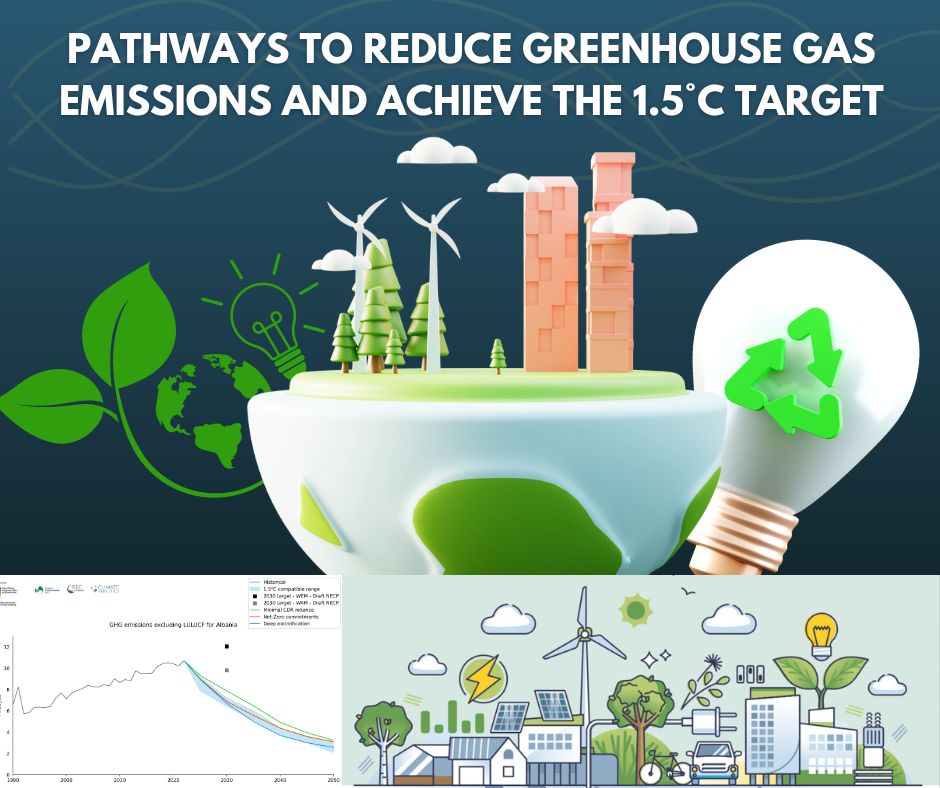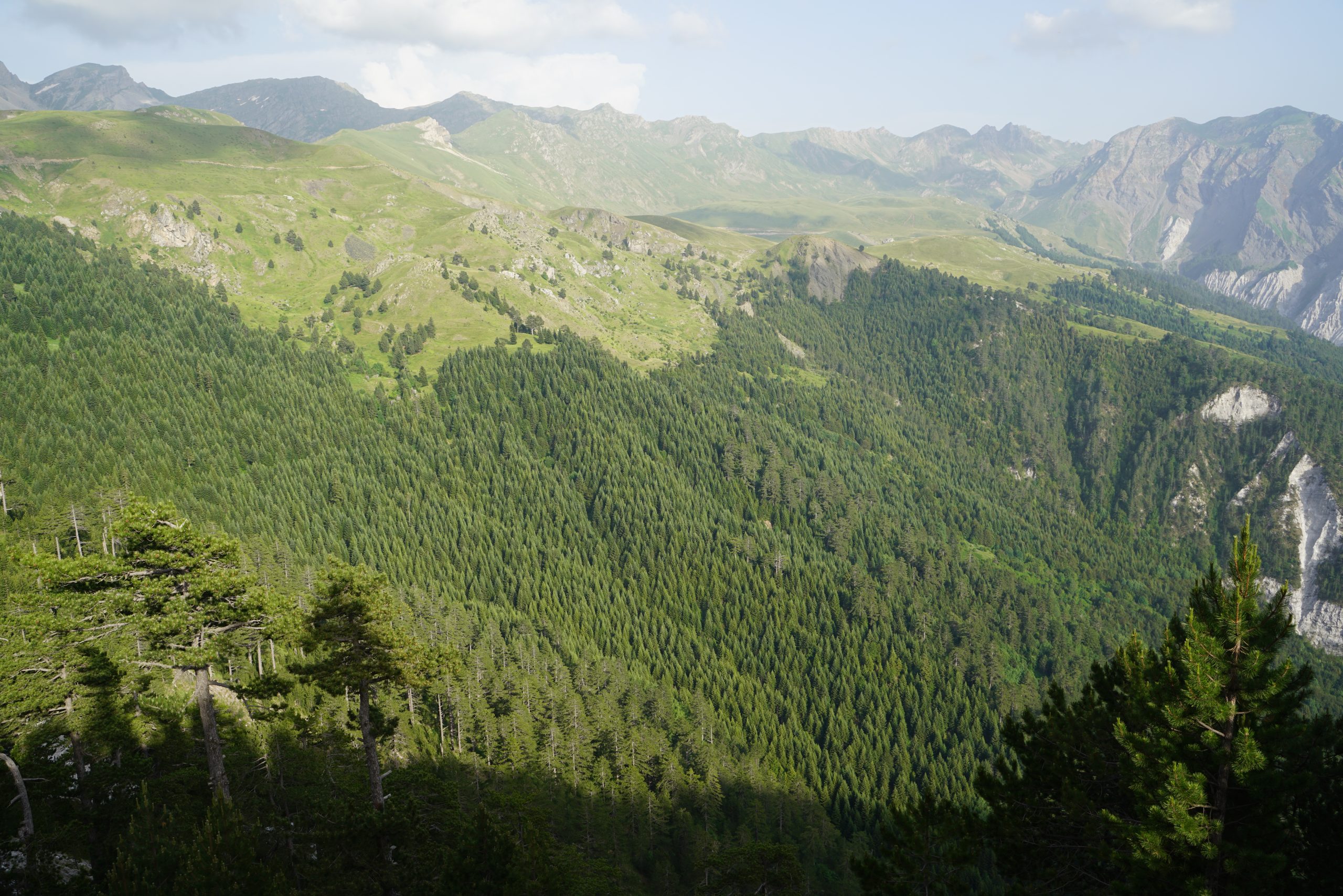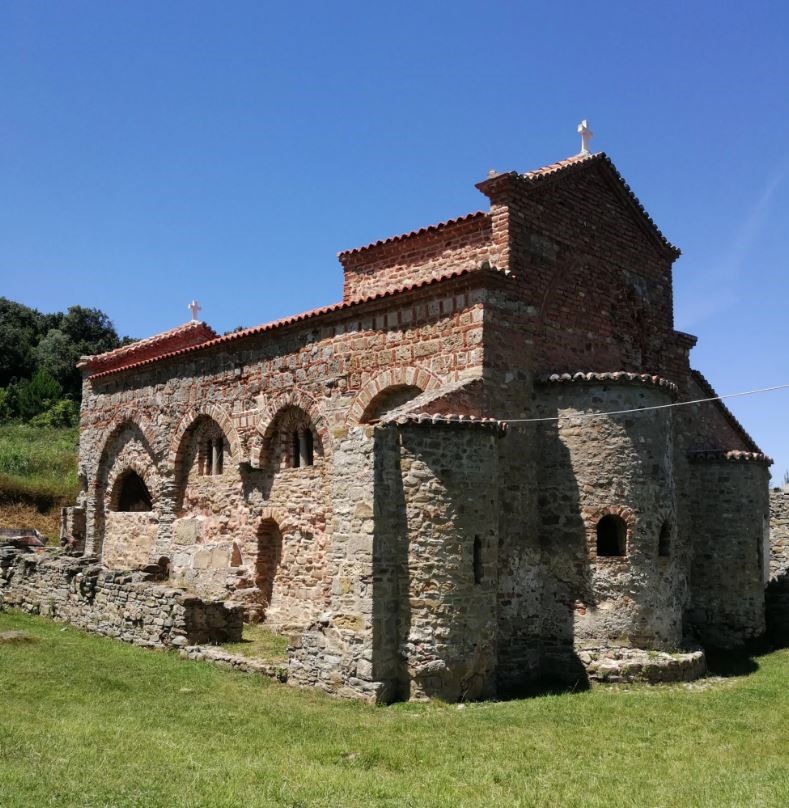Albania, like many nations, faces the challenge of reducing its carbon footprint while simultaneously supporting economic development and ensuring energy security. Renewable energy sources, particularly beyond hydroelectric power, have emerged as a viable solution to address these concerns. However, conflicts arise between energy security goals and environmental protection objectives, necessitating careful management.
In 2020, Albania began preparing its first National Energy and Climate Plan (NECP) for 2021-2030. Albania’s energy policies pursue three objectives: supporting overall economic development, increasing the security of energy supply, and protecting the environment. While Albania has committed to reducing its emissions by 20.9% below a business-as-usual scenario by 2030 through its revised Nationally Determined Contribution (NDC), this still falls short of the deeper cuts needed to meet the Paris Agreement’s more ambitious 1.5°C target.
In an effort to bridge this gap and provide relevant stakeholders with a clear roadmap, experts from Climate Analytics have modeled different scenarios to outline potential pathways for reducing greenhouse gas emissions and staying within the 1.5°C target. These scenarios, developed through a rigorous analysis process, offer insights into various strategies that could be pursued to achieve climate goals.
These illustrative pathways envision three broad transformation routes for Albania to align with 1.5°C:
- A deep electrification pathway, rapidly scaling renewable electricity from sources like wind and solar to electrify transport and other sectors.
- Meeting net zero commitments, with high regional policy coordination like carbon pricing to drive emissions to net zero CO2 by 2050.
- Minimizing reliance on carbon dioxide removal, instead utilizing higher resource efficiency and sustainable lifestyles to reduce overall energy and material demands.
By exploring diverse scenarios, all stakeholders can better understand the obstacles and opportunities associated with different mitigation strategies. While the models provide a useful starting point for charting Albania’s low-emissions transition, the pathways will require substantial international support through climate finance and other means. As a developing country, Albania cannot be expected to achieve the stringent emissions cuts implied by 1.5°C pathways through domestic efforts alone.
On April 5th, REC Albania organized the workshop “Climate Strategy and the Paris Agreement: The Road to 1.5˚C”, where national experts presented Albania’s climate plans and strategies, as well as the challenges the country faces, while experts from Climate Analytics presented the modeling of pathways for reducing greenhouse gas emissions in alignment with the 1.5°C target. REC Albania, in partnership with Climate Analytics, RERI, and REIC, is implementing the project “TERPEIS Balkans – Triggering Emissions Reductions in the Power and Energy-Intensive Sector.” The project supports the development of more ambitious climate policies and enhances civil society participation in policy formulation and monitoring through workshops and consultations.
This project is part of the European Climate Initiative (EUKI) of the German Federal Ministry for Economic Affairs and Climate Action (BMWK).





